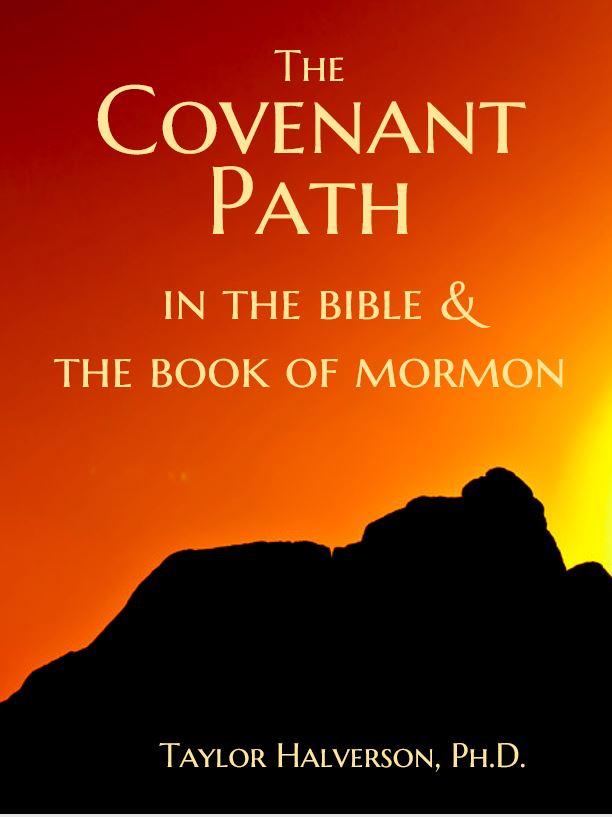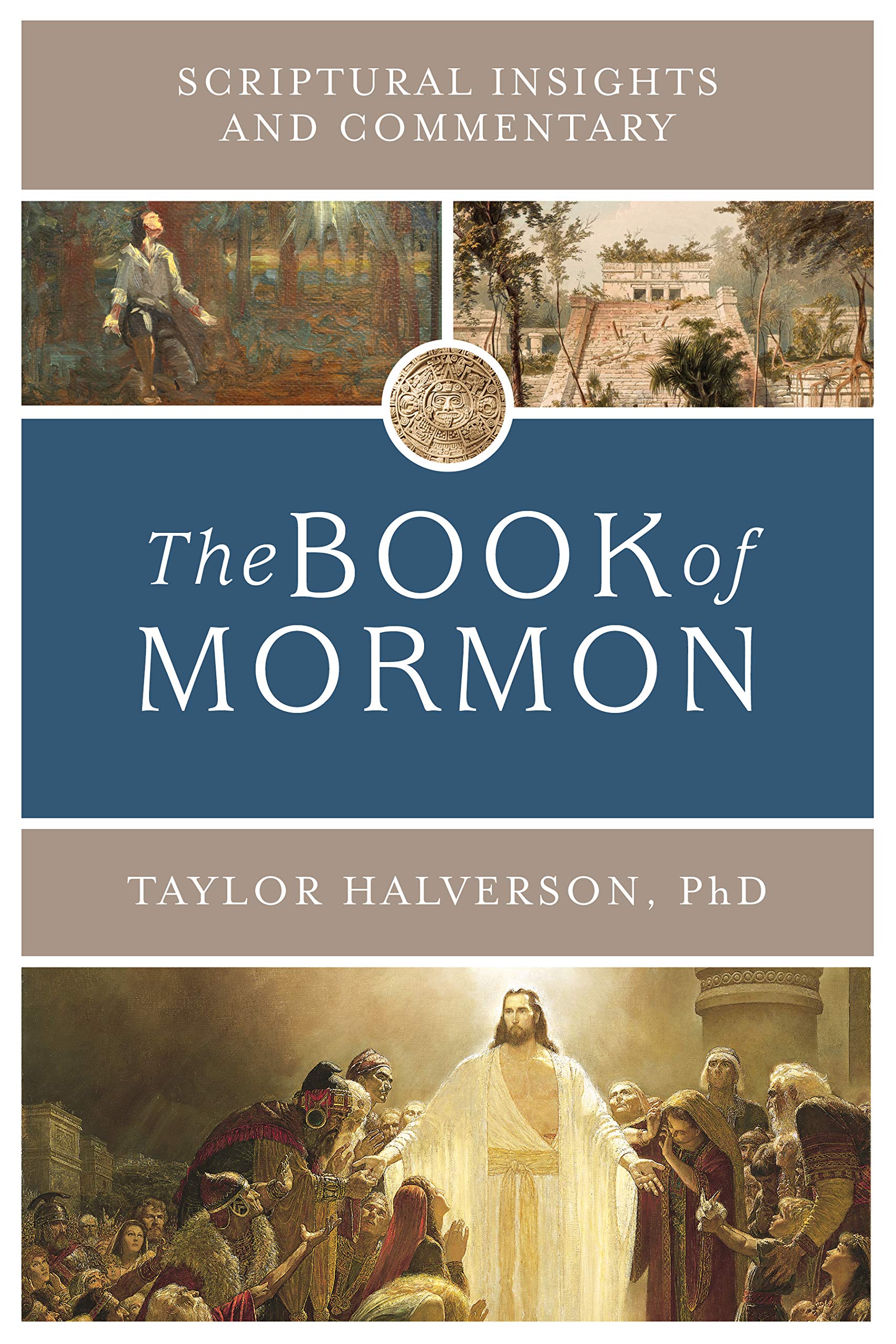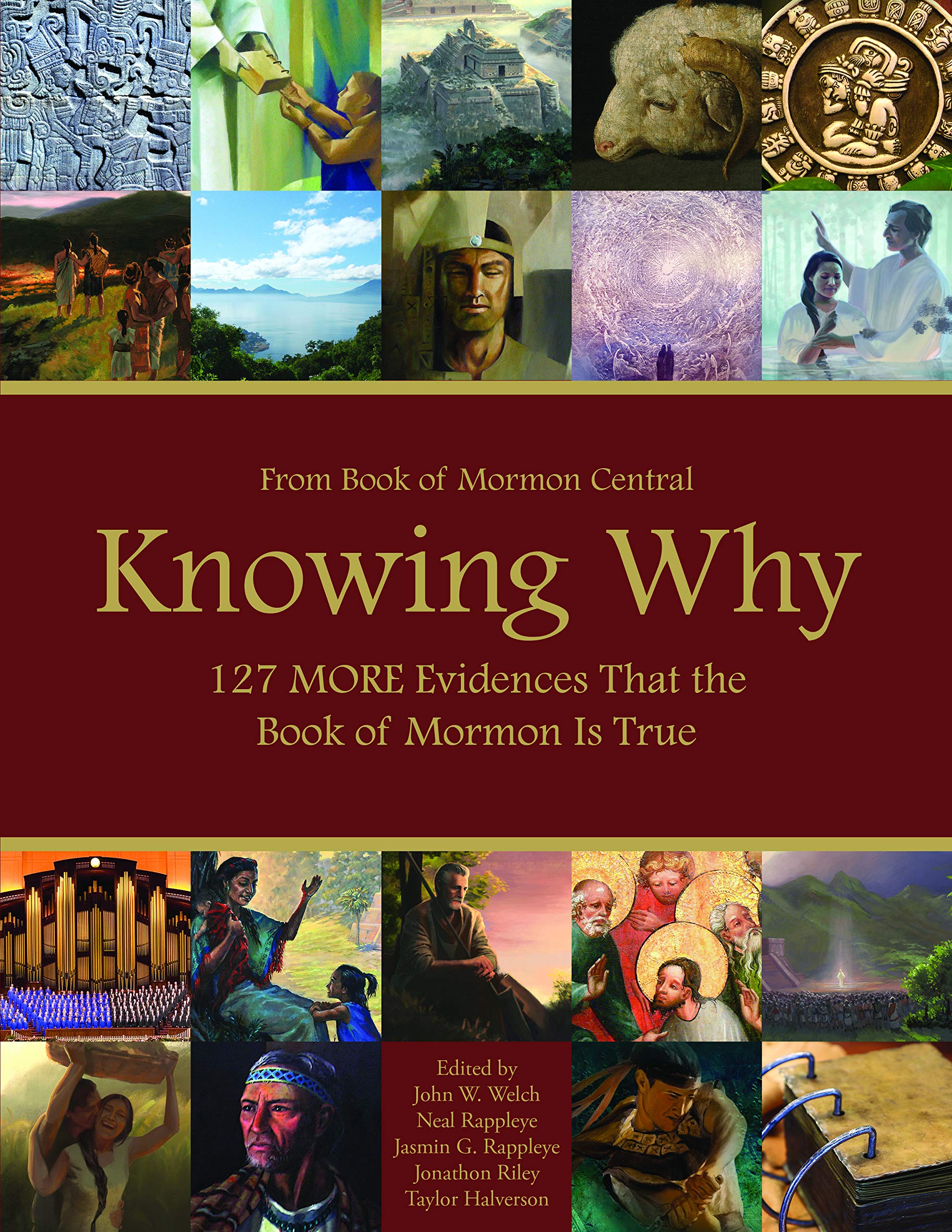The scriptures are God’s instructional manual for the covenant path.
God covenanted with father Abraham to give him and his descendants property, posterity, and prosperity (Genesis 12:1-3). Those promises are secured by God’s commitment and loyalty. God has been loyal to that covenant, as evident by the stories throughout the scriptures where God has provided those blessings to His people.
God asks our loyalty and commitment from us in return. The Law of Moses, including the Ten Commandments delivered at Mount Sinai (see especially Exodus 20), provide us instruction for how to show our loyalty and love to God. Our faithfulness and loyalty to God preserves our access to the Abrahamic promises God so freely offers us.
The essence of the covenantal commitment between God and us is mutual faith and love. God has been and will ever be faithful in His love for us. He is committed to fulfill His end of the covenantal bargain. God invites us to be loyal to Him as He has been to us.
God regularly sends prophets to reveal His covenantal agreement and covenant path. Ongoing revelation provides explanation for how to live faithfully to God and stay on the covenant path. The scriptures contain these revelatory instructions about the covenant path.
When John concludes the Book of Revelation, he does so with covenantal language.
“For I testify unto every man that heareth the words of the prophecy of this book, If any man shall add unto these things, God shall add unto him the plagues that are written in this book: And if any man shall take away from the words of the book of this prophecy, God shall take away his part out of the book of life, and out of the holy city, and from the things which are written in this book.” (Revelation 22:18-19)
In his closing statement, John was only emphasizing the covenantal nature of the words of his book. Too many readers have interpreted John’s words to mean that God will no longer talk. Such fatal misreadings of this scripture have led people to reject the Book of Mormon, Joseph Smith, and on-going revelation. Too many readers have condemned themselves from receiving new light and knowledge because they have disastrously and erroneously interpreted this verse to mean that God has nothing more to say.
What such erroneous readings miss is that John’s closing statement is covenantal language.
God’s covenants with us are actually God given agreements.
Do any of us humans have any authorization to change the agreement? To change the terms of God’s covenant? Absolutely not.
What if I signed a mortgage loan with a bank and then a few days later I changed the agreement? What if I added or took words away from the agreement. What would happen?
The bank would foreclose on me because they own the agreement. They are the one offering the “blessings” of the agreement (the money for me to buy a house). My job as a mortgagee is to be loyal and faithful to the bank, to fulfill my agreement to pay the money back and to take care of the property.
Similarly, God has revealed His agreements for us to receive His blessings. We have no authorization to change those agreements. Anyone who changes God’s agreements by adding to or taking away from the words of the agreement is both breaking the agreement (or covenant) and causing others to be similarly unfaithful.
That is the thrust of John’s final encouragement: be covenantally faithful to God. Don’t attempt to change God’s covenants.
Can God update, change, or provide ongoing instruction or explanation of His covenants? Yes! That is the purpose of prophets, revelation and scripture.
Since God is a covenant-making and covenant-keeping God we should expect to hear more from God. We should expect that He will continue to send prophets to teach us His covenant path. Our role is to listen, learn, and to live, not to dictate the terms of the agreement to God.
During this New Year when we enter into reading the Book of Mormon, know that God revealed the Book of Mormon in these latter-days so that we may know His covenant path. As you read the Book of Mormon this year, look for the covenant path.
John’s closing statement in the Bible is an open invitation for all of us to receive more instructions from God on how to show covenantally loyalty to God.
More from Taylor Halverson
My latest book The Covenant Path in the Bible and the Book of Mormon is now available at Amazon and Deseret Book!
- What is the covenant path?
- How do the Bible and the Book of Mormon reveal the covenant path?
- What does “it is by grace that we are saved, after all we can do” mean in a covenantal context?
- What does Jesus mean when he says “be ye therefore perfect, even as your Father in heaven is perfect?” How is this covenantal language?
- What does the phrase “The God of Abraham, Isaac, and Jacob” mean as covenantal language?
- and much more!
NEW BOOK FOR SINGLES!
Are you a single member of the Church or know someone who is? Then this book is for you! Packed with beautiful insights from a variety of trusted voices: Susan Easton Black, Michael Wilcox, Al Fox Carraway and many more. Click here for more info.
Two of my recent books are now available!

Join my newsletter and receive a free humorous eBook Memoirs of the Ward Rumor Control Coordinator is a light-hearted look at our beloved Mormon Church of Jesus Christ of Latter-day Saints culture. When you join my newsletter, it’s a bit like voting for Pedro. Your wildest dreams might come true!











